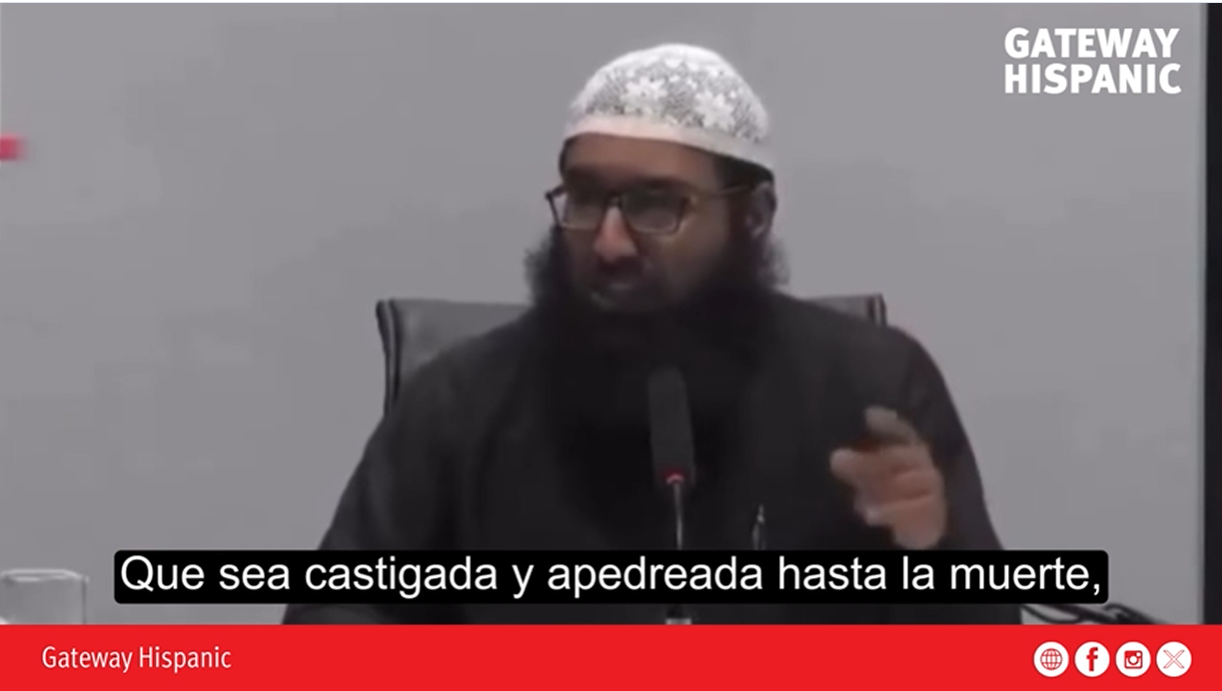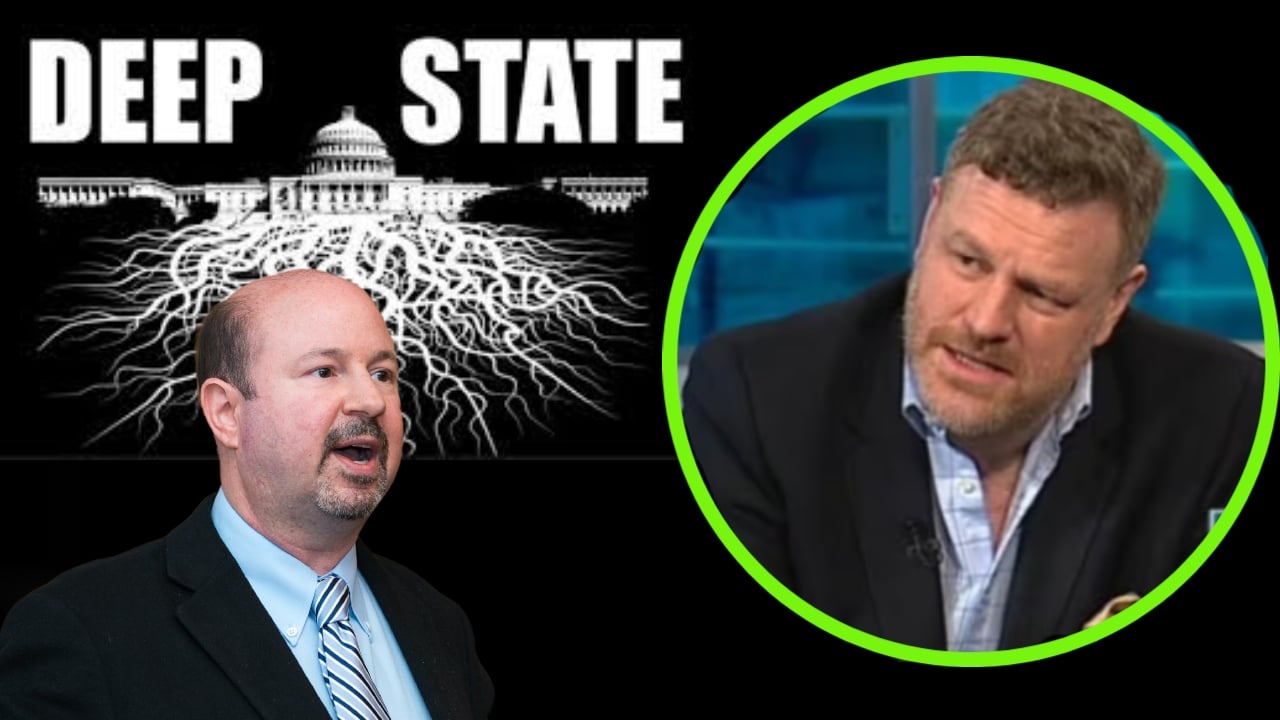A video and testimonies circulating on social media have sparked alarm this weekend in Birmingham after the release of statements attributed to a local imam who allegedly advocated for severe punishments — including stoning to death — as a procedure applicable to women, citing Sharia law as justification. The comments attributed to the cleric have provoked unanimous condemnation among political representatives, human rights organizations, and community leaders, reigniting the debate on the need for law enforcement to act swiftly against any call to violence.
According to the shared recordings, the cleric allegedly described punitive practices involving burying the victim up to the waist and carrying out a stoning — something many view as a direct incitement to commit murder in the name of religion. Although local authorities are still investigating the authenticity of the recording and the exact identity of the individual, the mere dissemination of these ideas has generated immediate outrage: in a democracy, no creed can serve as a pretext to break the law or deprive people of their fundamental rights.
Institutional Reaction and Legal Framework
In the United Kingdom, acts such as those described in the video, if confirmed, would constitute serious crimes of incitement to violence and advocacy of murder. British law provides for severe penalties for anyone who calls for homicide or promotes practices that violate basic rights; likewise, police and national security authorities usually intervene when there are signs of radicalization or threats to public safety. Legal experts stress that, regardless of any religious explanation offered, incitement to violence is not protected under freedom of expression and must be prosecuted to the fullest extent of the law.
Several political spokespeople have demanded an immediate and transparent investigation. From a conservative perspective, the issue goes beyond a mere religious dispute — it is about defending safety, human dignity, and equality before the law. The repeated call from public figures is clear: religious freedom has limits when it crosses from personal belief into criminal behavior and coercion. Free societies protect religious practice but cannot allow certain interpretations to translate into violence or the denial of civil rights.
Muslim Community Condemnation and the Need for Dialogue
Local Muslim leaders in Birmingham have been quick to condemn the alleged message. Representatives from moderate mosques and interfaith associations have emphasized that the vast majority of believers reject any interpretation that justifies violence against women, stressing that such rhetoric harms both public safety and the image of Islam in society. They also highlight the importance of distinguishing between an extremist individual and the wider Muslim community, which overwhelmingly condemns terrorism and supports peaceful coexistence.
Human rights and equality organizations have taken the opportunity to remind the public of women’s historical vulnerability under codes that subjugate them, calling for stronger protection and prevention measures. At the same time, they urge authorities to work with religious communities to strengthen cooperation, detect radicalization early, and ensure that religious instruction is never used as a cover for violations of the law.
Risks and Lessons: The Integrity of the State and Protection of Freedoms
From a conservative standpoint, this episode highlights several dangers that every democratic society must confront firmly. First, the erosion of the rule of law when groups or individuals attempt to impose extrajudicial punishments in the name of religious beliefs. Second, the potential misuse of religious freedom as a shield for criminal conduct. And third, the danger that indiscriminate tolerance of radical discourse could end up undermining the safety of the most vulnerable citizens, particularly women.
The appropriate response, conservative analysts argue, involves two key elements: a firm hand from the State to prosecute those who incite or commit violence, and community policies that foster integration, civic education, and rejection of extremist interpretations. This is not about persecuting faith, but about protecting people and upholding the rule of law. Likewise, it is essential for governments and religious communities to work together to prevent radical minorities from gaining followers and normalizing practices that society deems unacceptable.
Conclusion
As authorities verify the authenticity of the recording and consider whether criminal charges for incitement to violence are warranted, the public message remains unequivocal: any call for the physical elimination of individuals based on gender or conduct is incompatible with democratic values and must be rejected and punished. Serious democracies protect religious freedom but also defend life, equality, and the safety of all citizens.
The situation in Birmingham is, in essence, proof that plural coexistence requires clear limits — the law and public decency. The protection of women against any form of violence must remain a non-negotiable priority. The investigation now in the hands of police and competent authorities must clarify responsibilities and ensure that no one — regardless of any religious justification invoked — can freely call for violence on British soil.















